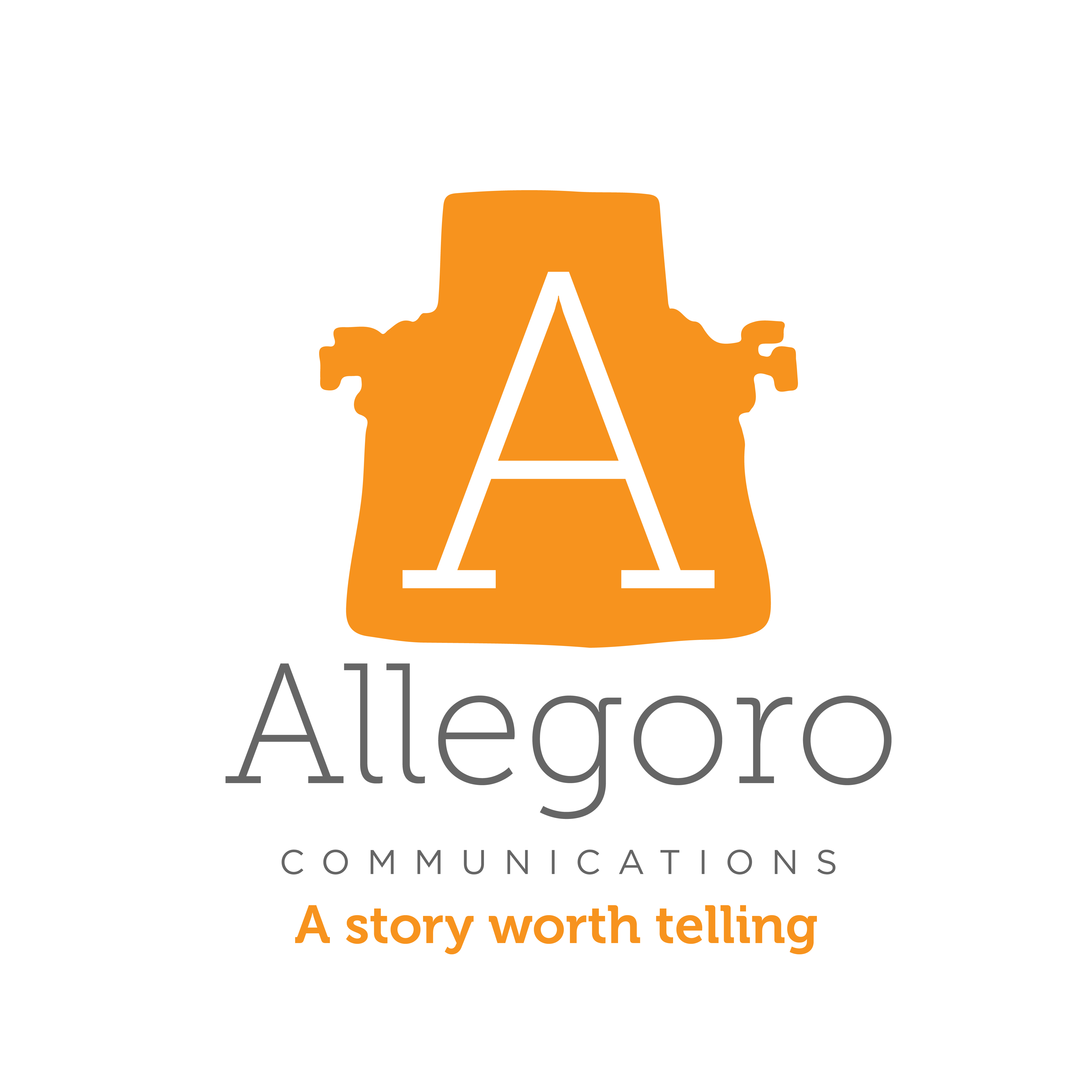
04 Apr Rock that Press Interview!
After you have gotten over the initial euphoria of being recognized by the media, take a breath and start to prepare for the interview, because if you think that you are a good enough public speaker or spokesperson to “wing it” at the interview, you are heading towards your 15 minutes of…public embarrassment. Even the most public figures such as celebrities and politicians take time to PREPARE their message, memory hooks and sound bites.
Over the years I have set up several client interviews with the media, and have on a few occasions been interviewed myself. I have learned what works and what, absolutely, does not work.
Here’s what Works:
- The Message – Your message is really the key that will determine the flow of the interview. Prepare at least 5 key messages that you would like to convey to your audience through the media. There should be a “stickiness” factor in your messages. They should be pithy and composed of simple words, avoiding jargon and acronyms as much as possible. Your message should primarily convey its impact on people. The use of verbs is very helpful as well. Make sure that you clearly state the Who, What, Why, How and When as early on in the interview as possible. If you think about the interview from the reporter’s perspective, you will see that time is of the essence, so keep your messages tight. The more the questions from the reporter, the higher the chance of ambiguity. There is no such thing as “off the record”. If you don’t want something to be in print or on air, DON’T SAY IT!Recently, an example of this presented itself to me. A client was too eager to reveal their sexual preference in a bid to appear “cool”, when the interview was about a completely unrelated topic. Know what to say when and what is too much information. Do you want to be famous or infamous?
- Your Physical Appearance – Look sharp and professional. It is important to look relaxed and exude confidence. This is quite literally the first impression that you will create with your audience. Men do not always have to wear a suit or a tie, but a good, clean shirt (preferably a shade of blue, as blue colour projects well in pictures and on screen), and a pair of well ironed trousers will do the trick. You can also wear a black or grey jacket, if you feel that just a shirt is too informal, but it is not a necessity. Ladies have a little more freedom when it comes to looking professional, however it must be kept in mind that a clunky heel is a recipe for disaster. Maintain eye contact with the reporter at all times and if there is a camera, avoid looking into it. Err on the side of traditionalism when it comes to choosing your wardrobe. Avoid wearing clothes that cause discomfort, or sweating. Go with what you already own, rather than a new outfit….you don’t want to take the chance of a zipper malfunction.
- Control – It is vital to gain control from the very beginning of the interview and to keep it. This will enable you to keep your emotions in check and to guide the reporter toward your key messages. Anticipate your reporters questions during the preparation period, as this will help you avoid the pitfalls that reporters love to throw you into. Remember, that reporters are not necessarily experts, so the more you are knowledgeable about your media, your message and your audience, the better your position will be when it comes to hairy questions. The more factual your message is, the more you will be in control.
Some sources will tell you that reporters don’t like to give you their questions ahead of the interview, so you can prepare. This is true, and not true as well. In most cases, if your media liaison has good relations with the media, then they should be able to request the reporter for some sample questions that could be helpful for your preparation. If the reporter refuses, then do not ask again.
Tell the truth and always have a response, even if it is to say that you do not have a response right now, but you will provide one at a future date. Saying “no comment” is a sure shot way of raising eyebrows and projecting that you are withholding information. As Napoleon said, “I fear three newspapers more than a hundred thousand bayonets.”
Finally, remember that the media is a means to an end, and not the end itself.
by: Sohini Bhattacharya (Co-Founder & Partner, Allegoro Communications)



Sorry, the comment form is closed at this time.